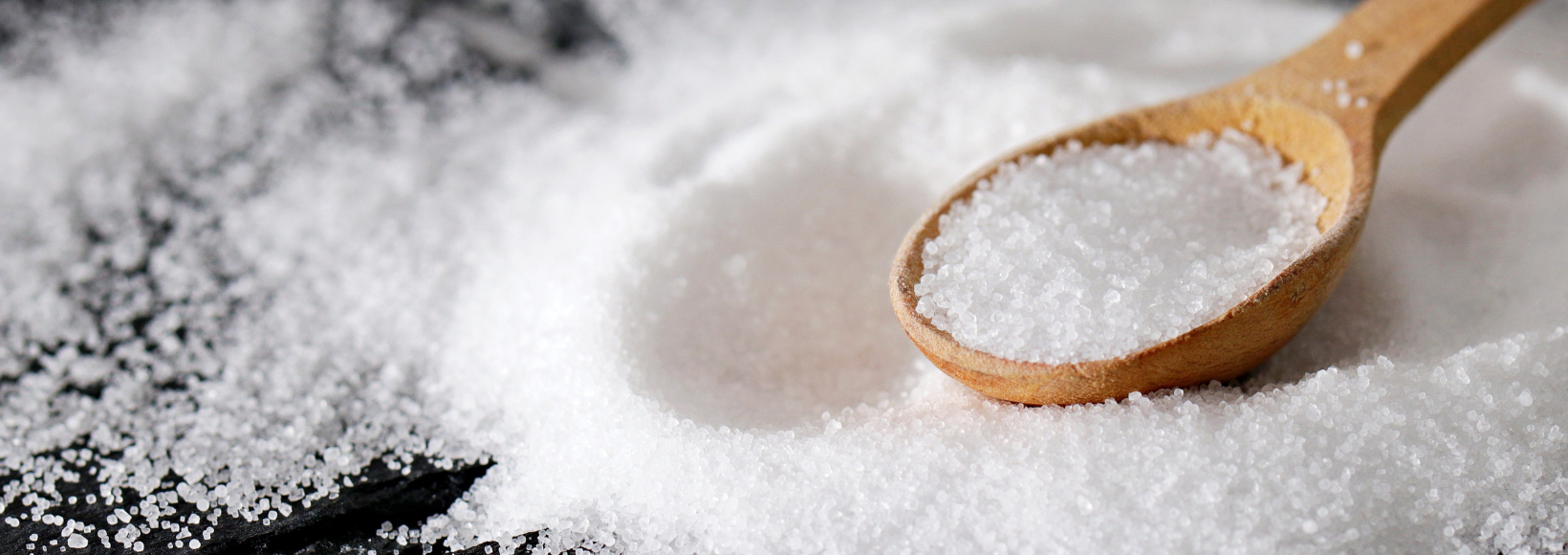
Does Salt Intake Affect Blood Pressure? New Insights from a Groundbreaking Study
In the ever-evolving world of dietary recommendations, the role of sodium in blood pressure management has been a subject of fierce debate. A recent study, conducted across two US cities with 213 participants aged 50 to 75, sheds new light on this topic. It is especially useful for those on blood pressure medications.
Understanding the Sodium-BP Connection
The study aimed to explore the individual blood pressure response to dietary sodium intake. It analysed variations based on baseline blood pressure and antihypertensive medication usage. The participants, including those with normal blood pressure, controlled, uncontrolled, and untreated high blood pressure, were put on high- and low-sodium diets in a crossover design.
Dietary Intervention: High vs. Low Sodium
Participants first adhered to their usual diet, followed by one-week phases of high-sodium (about 2200 mg added daily) and low-sodium (totaling about 500 mg daily) diets. The primary focus was on changes in 24-hour ambulatory systolic and diastolic blood pressure, mean arterial pressure, and pulse pressure.
Key Findings: A Shift in Blood Pressure
The results were revealing:
- Median Blood Pressure Changes: On usual, high-sodium, and low-sodium diets, the median systolic blood pressures were 125, 126, and 119 mm Hg, respectively.
- Mean Arterial Pressure: The median change in mean arterial pressure between high- and low-sodium diets was 4 mm Hg, significant across all hypertension statuses.
- Salt Sensitivity: Using the threshold of a 5 mm Hg or greater decline in mean arterial pressure, 46% of participants were classified as “salt sensitive.”
Consistency Across Subgroups
Interestingly, the blood pressure decline from a high- to low-sodium diet was consistent across various subgroups, including age, sex, race, hypertension status, baseline BP, diabetes, and body mass index. This suggests that dietary sodium reduction may be beneficial for a wide range of individuals.
Conclusions: A Relevance for All
This study reinforces the idea that reducing dietary sodium can significantly lower blood pressure in middle-aged to elderly adults. The reduction in blood pressure was independent of original blood pressure status and blood pressure medication use. This finding is particularly relevant for those seeking non-pharmacological methods to manage blood pressure.
My Takeaway
Reducing sodium intake isn’t just for select groups; its benefits extend broadly, offering a universally applicable approach to better blood pressure management. Of course not everyone is a “salt-responder” but if you suffer from high blood pressure then reducing dietary sodium is well worth as try.
Please help someone else by sharing this blog.
Dr. J. Hugh Coyne
Coyne Medical